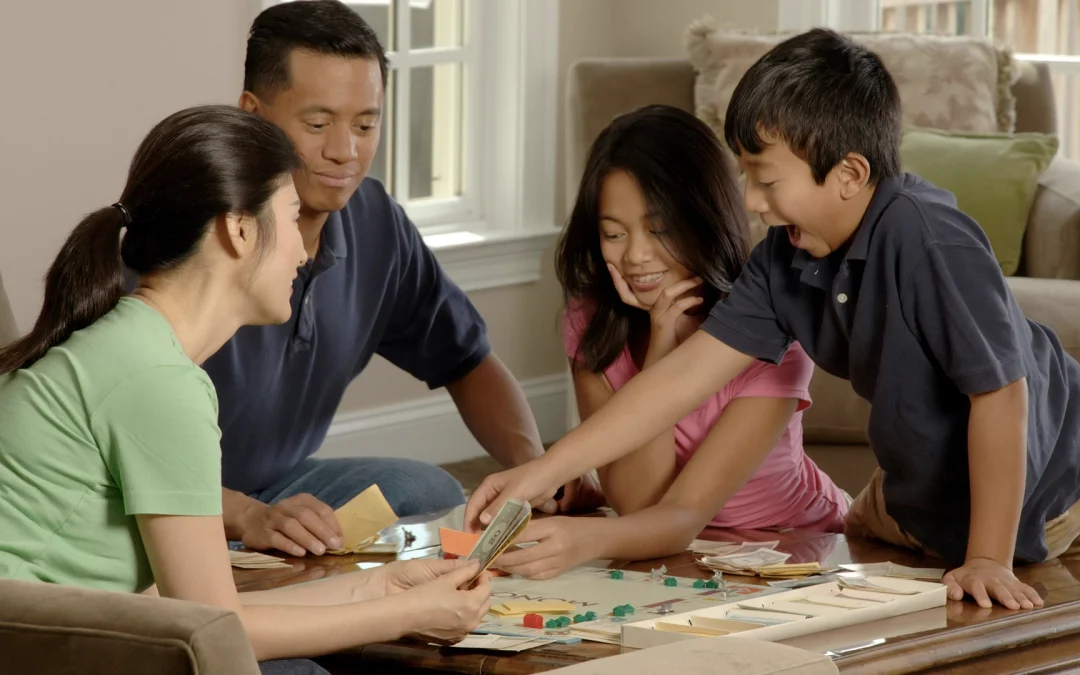I get to approach this conversation from two perspectives. The first is that I have been a licensed Marriage and Family Therapist and personal development coach for the last 10 years. I have worked with hundreds of men on the topic of anger and how to handle those moments of frustration as well as explore the underlying triggers of anger in their lives. In doing that work I have discovered many great tools that effectively help my clients manage their anger.
The second perspective which I approach conversation is more personal and powerful I think. My wife and I have been married for 18 years and we have four kids between the ages of 10 and 6. I’d love to say that I’ve mastered this aspect of my life and that I never allow frustration to seep out but that’s not true. One of my goals is to practice what I preach and to be authentic in who I am and how I present healthy life instructions for my clients. With that, I certainly don’t pretend to be perfect, but I am committed to doing my best to live out the principles for which I encourage I clients embrace. The bottomline is, I have learned by personal trial and error.
Growing up, I had always been taught that it was wrong to be angry that it was inherently bad. In fact, my conservative religious background gave me the impression that “it is a sin be angry”. Therefore, whenever I got angry, I not only felt the frustration of the situation that triggered my anger, but I also felt a religious guilt or shame that I got angry in the first place. That typically would make me just feel more frustrated or even angry at myself.
As a young adult, I came to the understanding it is inevitable that you will have strong emotions, but when you have them, do not cause harm.
It is important to be aware of how powerful these moments are… They are VERY powerful and must be treated with respect and responsibility. Our words can leave a painful and lasting impact. Our tone of voice must not be overlooked, as well as our physical posturing in these moments of frustration and anger.
If you’re a dad with young kids there is lots of research showing that there is NO lasting benefit to disciplining when we are angry. Here’s a quick summary of the brain-science: the minds of our young children is much more primal or “animalistic” than logical. They perceive our frustration, anger, and adrenaline as a direct threat to their existence… literally, to their survival. In those moments of our anger, their brains are activating the flight or fight instinctual reaction. That is not the part of the brain we want to stimulate when we are correcting or disciplining our kids. In order to be effective in changing our children’s behavior it is so important to maintain a low firm calm tone of voice, to kneel down to their eye level and clearly express the desired behavioral expectation. In so doing, we allow their developing frontal lobe (the logical part of the brain) a chance to make a logical step forward.
Here are some suggestions I use in my life and coach my clients towards:
Creatively increase your margins
If you are like me or others I know, you live a very full life with no extra time or margin in the schedule. The idea of self-care or leisurely time is elusive however, very important. It would be ideal if it is possible to maintain habits such as weekly exercise routines, small community groups, or other fun activities.
As a result, we need to get creative in finding ways to create this much needed space. One space that most of us have is our drive time in the car to and from work. I am sure this is getting some chuckles because most people equate commute time to road-rage, not zen-filled mindful peacefulness. But if you are as busy as I am, you have no choice but to capture every moment that can be used for good. Be aware of what you’re doing in the car on your drive to and from work. What are you listening to? What are you thinking about? I suggest making a playlist of music that you have a positive and peaceful association with and listening to that instead of talk radio that may increase stress or anxiety.
I also coach my clients to practice a basic breathing exercise to do while driving that lowers your heart rate and blood pressure. The simple explanation, is to intentionally take about 10 long slow inhalations as if you were faking a yawn. This practice of deep breathing has an automatic physiological response in our bodies to reduce stress.
Create a daily prayer or mantra.
I had a client named Jason who was a Marine Corps vet who received a purple heart in Afghanistan. Among other things dealing with his anger was a part of the counseling goals. He daily took a commuter train to downtown Los Angeles and use that time to to create some much needed margin in his life. Every day as he rode in to work you take on this positive statement of became a prayer or mantra for him: “I am a good leader, I will manage my team well, I will effectively overcome obstacles and create solutions at work today.” Likewise on the ride home, it’s been a few moments thinking “I am a good man, I will connect with my wife affectionately, and be present with my children joyfully tonight at home.”
Don’t go at it alone
As men we need to interact with other men in healthy ways. Connecting with other men to provide accountability is imperative to minimize our negative response in moments of frustration and anger. Accountability can play out in many different ways; our close friend, an online community, a counselor, a personal development coach, or a pastor. And for some of us it may look like attending a specific group design for anger management. And that’s fine. Because we need to know that we aren’t designed to do it alone, and is wise to get support.
The chances are, if you are reading this post you are a person prone to passion and strong feelings. That is great, be a passionate person. But remember in those strong feelings… in those impassioned emotions… do not cause harm. Be UNCOMMEN.



I really love the mantras here. I asked my husband to turn off the talk radio and listen to music. By the time he got home + traffic, he was all worked up and angry. I became anxious about his arrival home instead of being excited and happy. This definitely contributed to the demise of our marriage.